What are Vue.js components? Summary of Vue.js component usage
This article mainly gives you a detailed description of the powerful Vue.js components. Components are one of the most powerful functions of Vue.js. Interested friends can refer to what components are: Components are the most powerful features of Vue.js. One of the powerful features. Components can extend HTML elements and encapsulate reusable code. At a high level, a component is a custom element to which Vue.js's compiler adds special functionality. In some cases, components can also be in the form of native HTML elements, extended with the is attribute. How to register a component? You need to use the Vue.extend method to create a component, and then use the Vue.component method to register the component. The format of the Vue.extend method is as follows: var MyComponent = Vue.extend({ // Options...will be introduced later }) If you want to use this created component elsewhere, you have to name the component: Vue.component('my-component', MyCo
1. Powerful Vue.js Detailed description of components
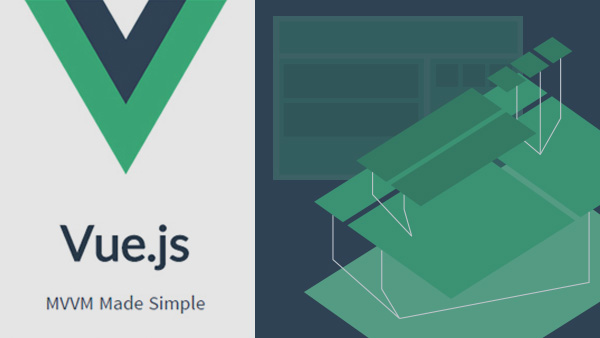
## Introduction: This article mainly introduces Vue.js components to you. The components are One of the most powerful functions of Vue.js. Interested friends can refer to
2. Vue.js component communication child component to parent component communication (Code)
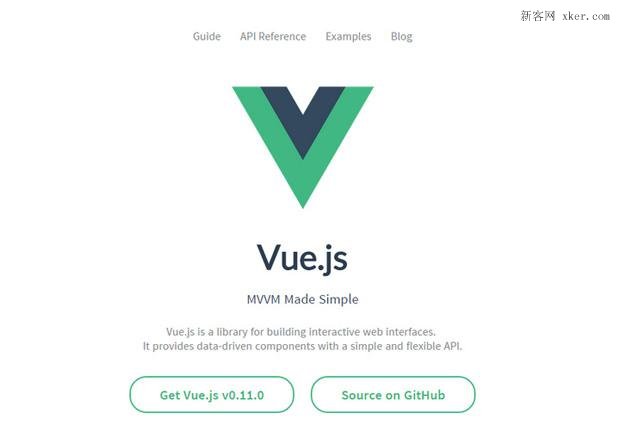
Introduction: This article introduces the communication of Vue.js components from child components to parent components Communication (code)
3. Vue.js component communication from the parent component to the child parent component (code)

Introduction: This article communicates from the parent component of the Vue.js component to the child parent component (code)
4. Communication between peers of Vue.js components (code)
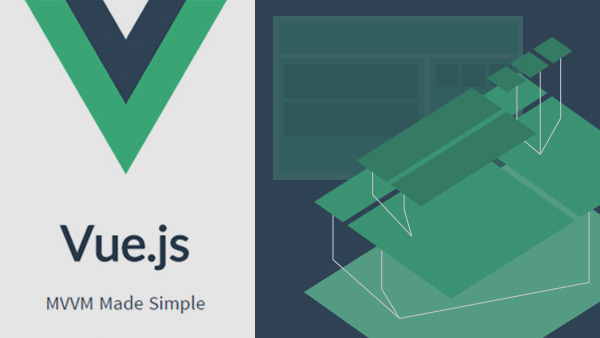
Introduction: This article introduces the communication (code) between peers of Vue.js components
5. In-depth discussion of Vue.js components and component communication

Introduction: This article mainly discusses in depth the relationship between Vue.js components and component communication. Information, interested friends can refer to
6. Vue.js component tree implements infinite tree menu

Introduction: This article mainly introduces the Vue.js component tree to implement the infinite tree menu code in detail. It has certain reference value. Interested friends can refer to
7. Take you to play with Vue.js components in minutes
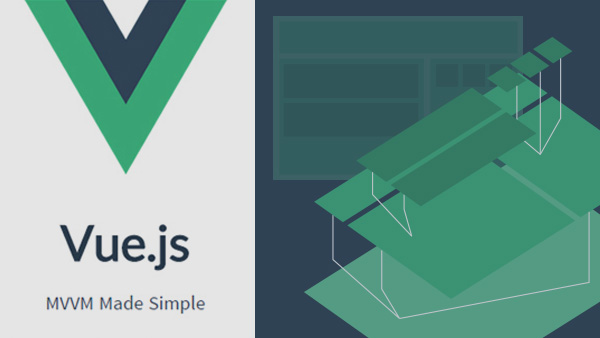
Introduction: Play with Vue.js components in minutes
8. Vue.js component usage and development example tutorial
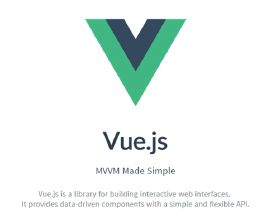
9.
Vue.js component tabs implements tab switching effect
Introduction: Vue.js component tabs implements tab switching effect [Related Q&A recommendations]: ##javascript - In the vue.js component-based development model, how to make the style only apply to this component and its sub-components. javascript - How to solve the problem of screen flashing when switching vue.js components javascript - Learn how to report errors using props attributes in vue.js components, follow the official instructions The document is written, but an error is reported javascript - vue.js componentization. How to introduce third-party plug-in js, such as rich text, cropping and other plug-ins? 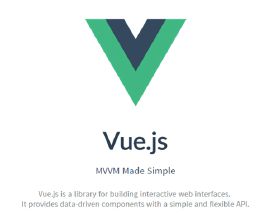
The above is the detailed content of What are Vue.js components? Summary of Vue.js component usage. For more information, please follow other related articles on the PHP Chinese website!

Hot AI Tools

Undresser.AI Undress
AI-powered app for creating realistic nude photos

AI Clothes Remover
Online AI tool for removing clothes from photos.

Undress AI Tool
Undress images for free

Clothoff.io
AI clothes remover

Video Face Swap
Swap faces in any video effortlessly with our completely free AI face swap tool!

Hot Article

Hot Tools

Notepad++7.3.1
Easy-to-use and free code editor

SublimeText3 Chinese version
Chinese version, very easy to use

Zend Studio 13.0.1
Powerful PHP integrated development environment

Dreamweaver CS6
Visual web development tools

SublimeText3 Mac version
God-level code editing software (SublimeText3)

Hot Topics
 1655
1655
 14
14
 1414
1414
 52
52
 1307
1307
 25
25
 1253
1253
 29
29
 1227
1227
 24
24
 Demystifying JavaScript: What It Does and Why It Matters
Apr 09, 2025 am 12:07 AM
Demystifying JavaScript: What It Does and Why It Matters
Apr 09, 2025 am 12:07 AM
JavaScript is the cornerstone of modern web development, and its main functions include event-driven programming, dynamic content generation and asynchronous programming. 1) Event-driven programming allows web pages to change dynamically according to user operations. 2) Dynamic content generation allows page content to be adjusted according to conditions. 3) Asynchronous programming ensures that the user interface is not blocked. JavaScript is widely used in web interaction, single-page application and server-side development, greatly improving the flexibility of user experience and cross-platform development.
 The Evolution of JavaScript: Current Trends and Future Prospects
Apr 10, 2025 am 09:33 AM
The Evolution of JavaScript: Current Trends and Future Prospects
Apr 10, 2025 am 09:33 AM
The latest trends in JavaScript include the rise of TypeScript, the popularity of modern frameworks and libraries, and the application of WebAssembly. Future prospects cover more powerful type systems, the development of server-side JavaScript, the expansion of artificial intelligence and machine learning, and the potential of IoT and edge computing.
 JavaScript Engines: Comparing Implementations
Apr 13, 2025 am 12:05 AM
JavaScript Engines: Comparing Implementations
Apr 13, 2025 am 12:05 AM
Different JavaScript engines have different effects when parsing and executing JavaScript code, because the implementation principles and optimization strategies of each engine differ. 1. Lexical analysis: convert source code into lexical unit. 2. Grammar analysis: Generate an abstract syntax tree. 3. Optimization and compilation: Generate machine code through the JIT compiler. 4. Execute: Run the machine code. V8 engine optimizes through instant compilation and hidden class, SpiderMonkey uses a type inference system, resulting in different performance performance on the same code.
 JavaScript: Exploring the Versatility of a Web Language
Apr 11, 2025 am 12:01 AM
JavaScript: Exploring the Versatility of a Web Language
Apr 11, 2025 am 12:01 AM
JavaScript is the core language of modern web development and is widely used for its diversity and flexibility. 1) Front-end development: build dynamic web pages and single-page applications through DOM operations and modern frameworks (such as React, Vue.js, Angular). 2) Server-side development: Node.js uses a non-blocking I/O model to handle high concurrency and real-time applications. 3) Mobile and desktop application development: cross-platform development is realized through ReactNative and Electron to improve development efficiency.
 Python vs. JavaScript: The Learning Curve and Ease of Use
Apr 16, 2025 am 12:12 AM
Python vs. JavaScript: The Learning Curve and Ease of Use
Apr 16, 2025 am 12:12 AM
Python is more suitable for beginners, with a smooth learning curve and concise syntax; JavaScript is suitable for front-end development, with a steep learning curve and flexible syntax. 1. Python syntax is intuitive and suitable for data science and back-end development. 2. JavaScript is flexible and widely used in front-end and server-side programming.
 How to Build a Multi-Tenant SaaS Application with Next.js (Frontend Integration)
Apr 11, 2025 am 08:22 AM
How to Build a Multi-Tenant SaaS Application with Next.js (Frontend Integration)
Apr 11, 2025 am 08:22 AM
This article demonstrates frontend integration with a backend secured by Permit, building a functional EdTech SaaS application using Next.js. The frontend fetches user permissions to control UI visibility and ensures API requests adhere to role-base
 From C/C to JavaScript: How It All Works
Apr 14, 2025 am 12:05 AM
From C/C to JavaScript: How It All Works
Apr 14, 2025 am 12:05 AM
The shift from C/C to JavaScript requires adapting to dynamic typing, garbage collection and asynchronous programming. 1) C/C is a statically typed language that requires manual memory management, while JavaScript is dynamically typed and garbage collection is automatically processed. 2) C/C needs to be compiled into machine code, while JavaScript is an interpreted language. 3) JavaScript introduces concepts such as closures, prototype chains and Promise, which enhances flexibility and asynchronous programming capabilities.
 How do I install JavaScript?
Apr 05, 2025 am 12:16 AM
How do I install JavaScript?
Apr 05, 2025 am 12:16 AM
JavaScript does not require installation because it is already built into modern browsers. You just need a text editor and a browser to get started. 1) In the browser environment, run it by embedding the HTML file through tags. 2) In the Node.js environment, after downloading and installing Node.js, run the JavaScript file through the command line.




